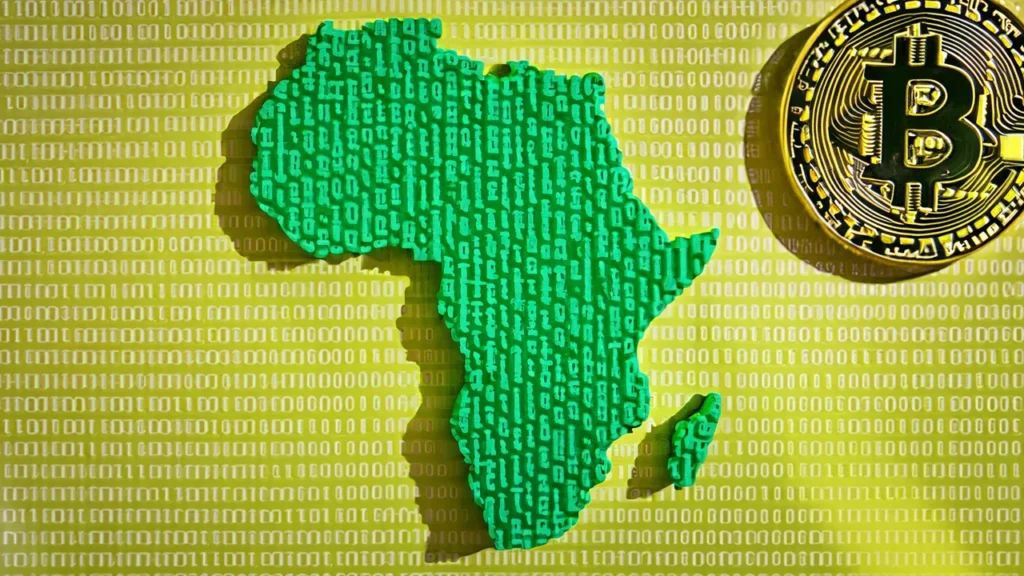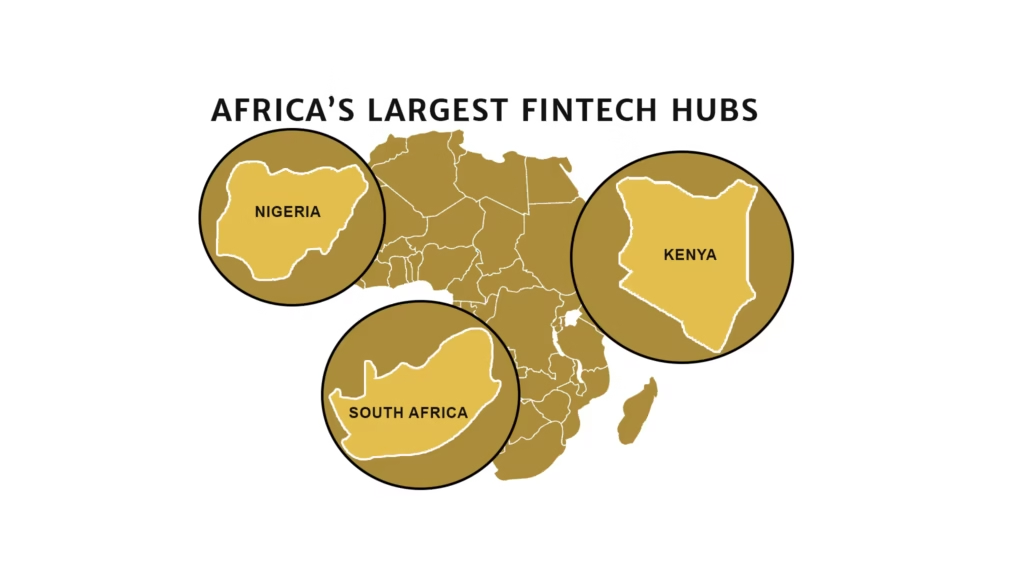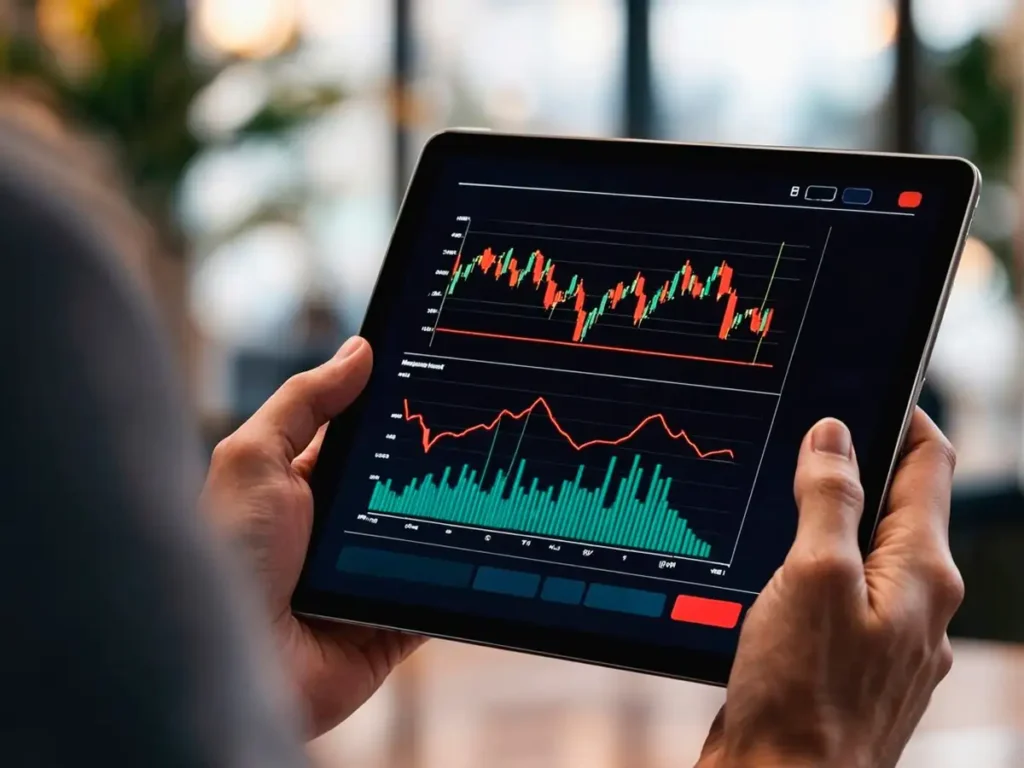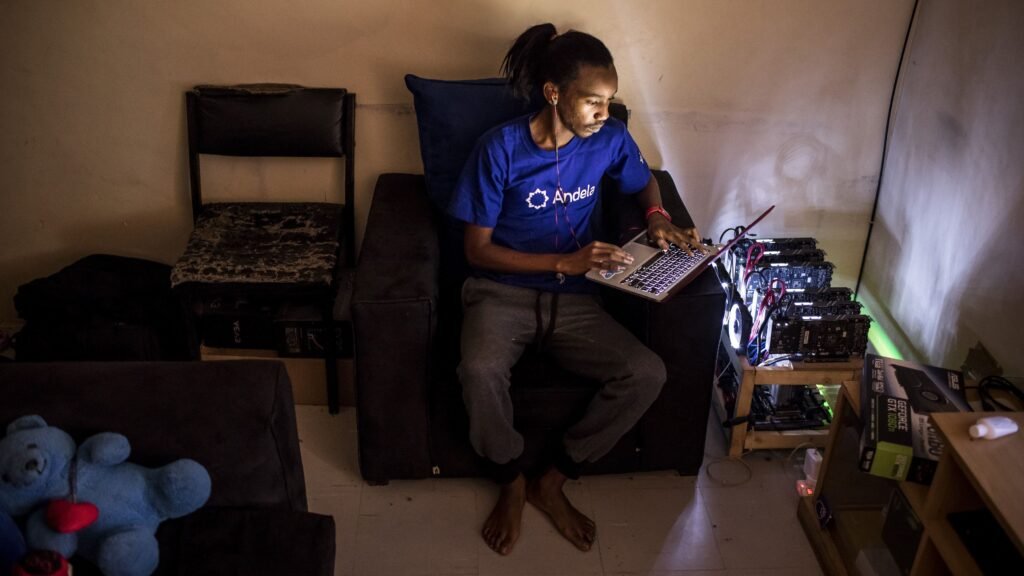Mining Bitcoin in Africa


Bitcoin mining in Africa is an emerging activity that leverages the continent’s growing digital infrastructure and abundant energy potential. While still in early stages compared to global leaders, several African countries are exploring cryptocurrency mining as a way to boost tech innovation, financial inclusion, and energy utilization.
Here’s a clear overview of Bitcoin mining across Africa.
1. What Is Bitcoin Mining?
Bitcoin mining involves using high-powered computers to solve complex mathematical problems and validate transactions on the blockchain. Miners are rewarded with newly minted Bitcoin, making it both a technical and economic activity.
It requires:
- High-performance hardware (ASICs)
- Reliable electricity
- Cooling systems and internet connectivity

2. Countries Leading Bitcoin Mining in Africa
A few nations have active or growing Bitcoin mining operations:
- South Africa: Most developed digital infrastructure; home to crypto exchanges and mining farms
- Kenya & Nigeria: Strong fintech ecosystems and high cryptocurrency adoption
- Ghana & Namibia: Exploring solar-powered mining due to high solar irradiation
- Ethiopia: Government-backed pilot projects using hydropower for mining
These countries offer a mix of internet access, regulatory openness, and renewable energy potential.

3. Energy Challenges and Green Potential
The biggest barrier to large-scale Bitcoin mining in Africa is unreliable and expensive electricity.
However, there’s significant opportunity to use renewable energy sources:
- Solar power: Ideal for decentralized mining in remote areas
- Hydropower: Underutilized in countries like DRC and Ethiopia
- Wind and geothermal: Available in East Africa (e.g., Kenya’s Rift Valley)
Bitcoin mining can act as an energy off-taker, helping monetize excess renewable capacity.

4. Regulatory Landscape
Regulation varies widely:
- Nigeria & South Africa: Crypto-friendly policies; banks allow crypto transactions
- Egypt & Morocco: Restrictions on cryptocurrency activities
- Kenya & Ghana: No formal ban; regulators studying frameworks
Clearer regulations could attract investment and ensure compliance.

5. Economic and Social Impact
Opportunities:
- Creates tech jobs and supports local startups
- Encourages investment in off-grid solar and mini-grids
- Promotes financial sovereignty and remittance alternatives
Risks:
- High energy demand in power-scarce regions
- Risk of e-waste from outdated mining rigs
- Volatility of Bitcoin prices affecting profitability

FAQs
Q1: Is Bitcoin mining legal in Africa?
A1: It depends on the country—legal in South Africa and Nigeria, restricted in others like Egypt.
Q2: Can solar power run Bitcoin mines in Africa?
A2: Yes—solar offers a sustainable, off-grid solution, especially in sun-rich regions.
Q3: Why mine Bitcoin in Africa?
A3: To leverage renewable energy, grow the digital economy, and participate in global blockchain networks.
Conclusion
Bitcoin mining in Africa remains limited but holds long-term potential, particularly when paired with renewable energy and digital innovation. With supportive policies and infrastructure growth, Africa could become a sustainable hub for green crypto mining.

